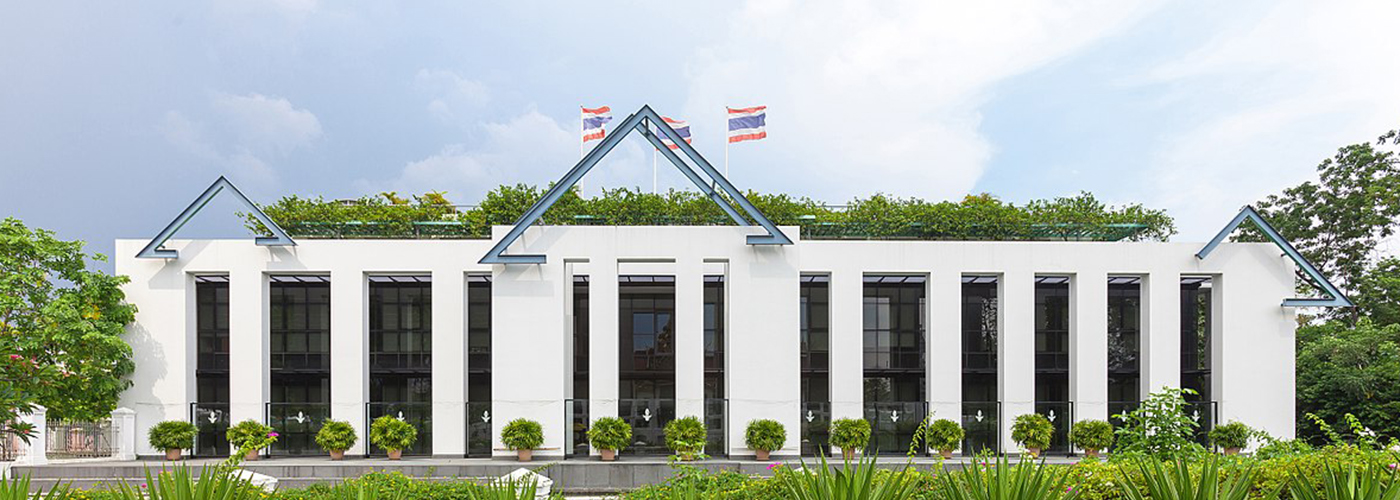
History of the Office of the Privy Council
The Office of the Privy Council is a private agency of the King set up following the Royal Service Administrative Act 2017, and is responsible for supporting the Privy Council in their duties towards the Crown, or as instructed by the King. The Secretary-General of the Office of the Privy Council, who is appointed by the King, supervises the work of the Office of the Privy Council.
The Office of the Privy Council has a long history. During the reign of King Chulalongkorn, Rama V, there was a position of “Clerk of Councillors” in the Privy Councillor of Siam Act. This was the personal advisor to the King as appeared in the Royal Gazette Issue 1 of Sunday, the 9th lunar month, the 10th night of the waning moon, Year of the Dog, Minor Era 1236 (AD 1874). He was responsible for listing all advisors to the King, registering their movements, and preparing meeting invitations.
In 1927, King Prajadhipok, Rama VII, issued the Privy Council Act to replace the Privy Council of Siam Act. Section 10 stipulated that “the King would appoint an official of the office of His Majesty’s Principal Private Secretary to the post of Secretary-General of the Privy Council as a permanent position responsible for the Privy Council registrar, and to act as secretary for the Privy Council of State sessions. The Privy Council Secretariat, a division within the Office of His Majesty’s Principal Private Secretary, was responsible for the Privy Council before the revolution of 1932. When the Privy Council Act 1927 was annulled, the position of Privy Councillor was abolished and, as a result, the entire Privy Council Secretariat.
During the reign of King Bhumibol Adulyadej, Rama IX, the Constitution of 1949, section 13, stipulated that “The King can select and appoint a suitable individual as the President of the Privy Council and no more than eight others as members of the Privy Council. The Privy Council is responsible for offering advice to the King if solicited, and other duties as specified in the Constitution.” It was the first Thai Constitution with a reference to the Privy Council and its responsibilities. Mom Chao Nikon Thewan Devakula was appointed as the Secretary-General of the Office of the Privy Council in addition to his position as His Majesty the King’s Principal Private Secretary.
The Privy Council Secretariat first appeared in the Revolutionary Council Decree No.297 which was published in the Royal Gazette on 12 December 1972, superseding the Royal Service Administration Act 1963. The Office of His Majesty’s Principal Private Secretary was divided into six divisions, with the Privy Council Secretariat as a newly established division. When the Royal Service Administrative Act 2017 became effective on 10 May 2017, the name became “Office of the Privy Council”, one of the King’s three agencies.
